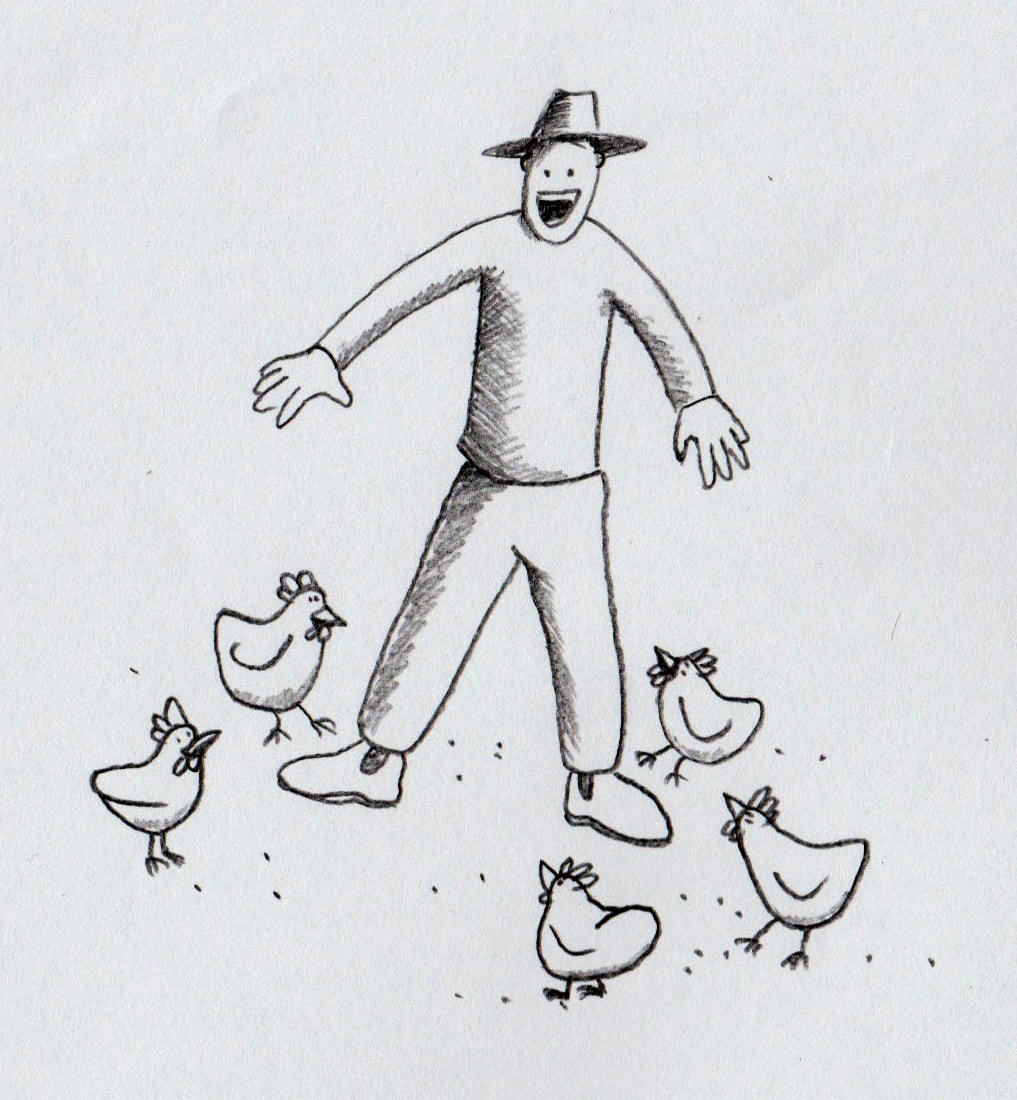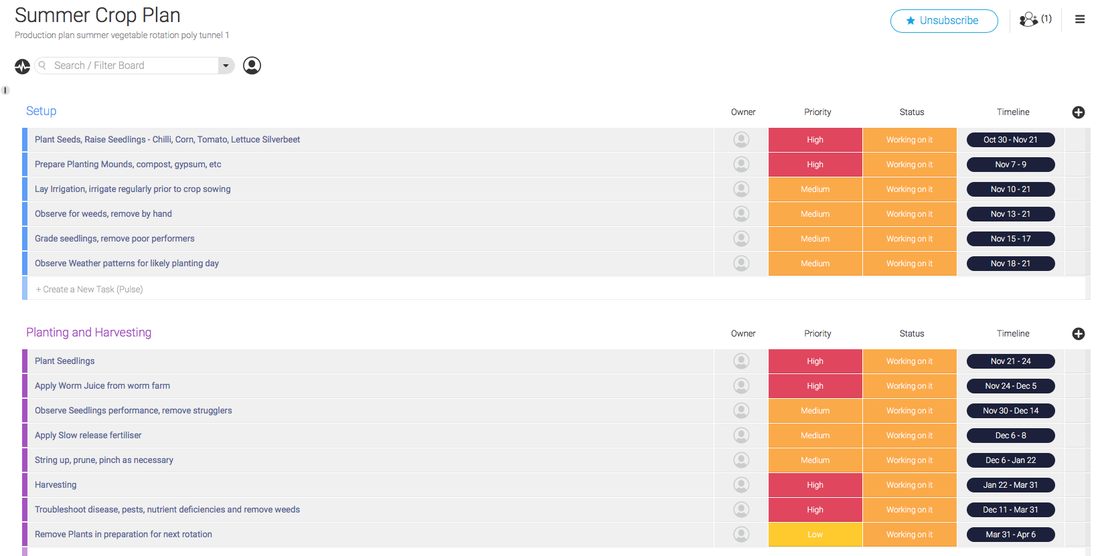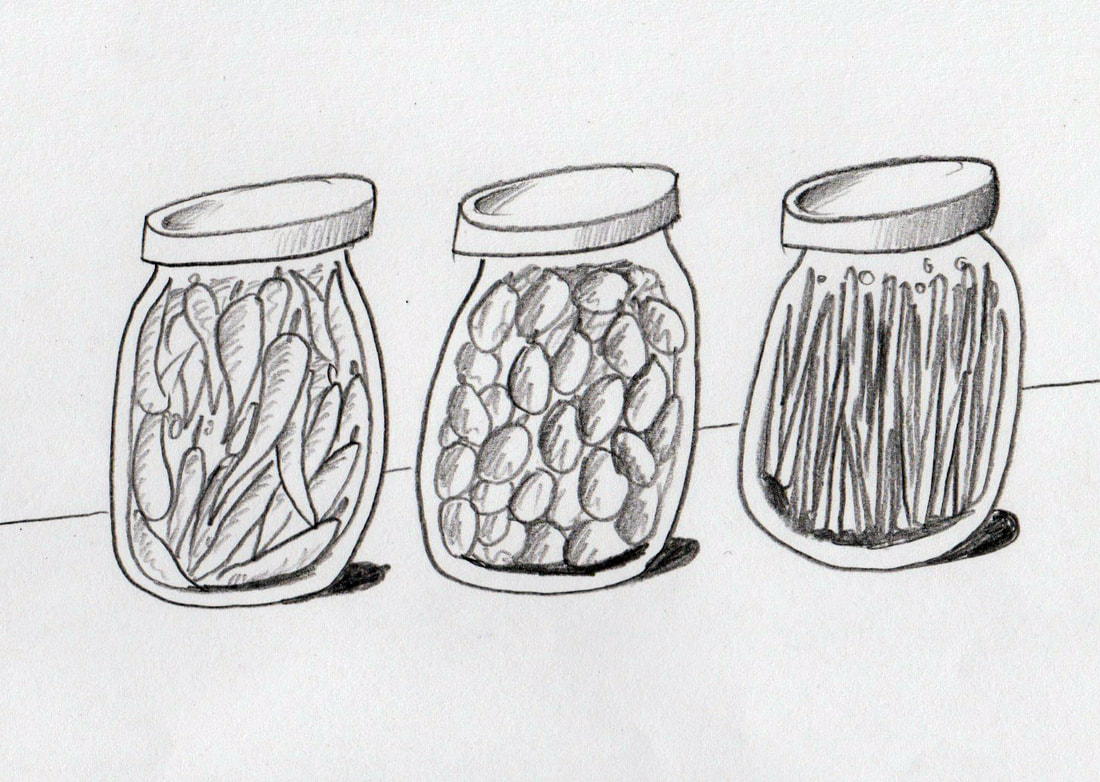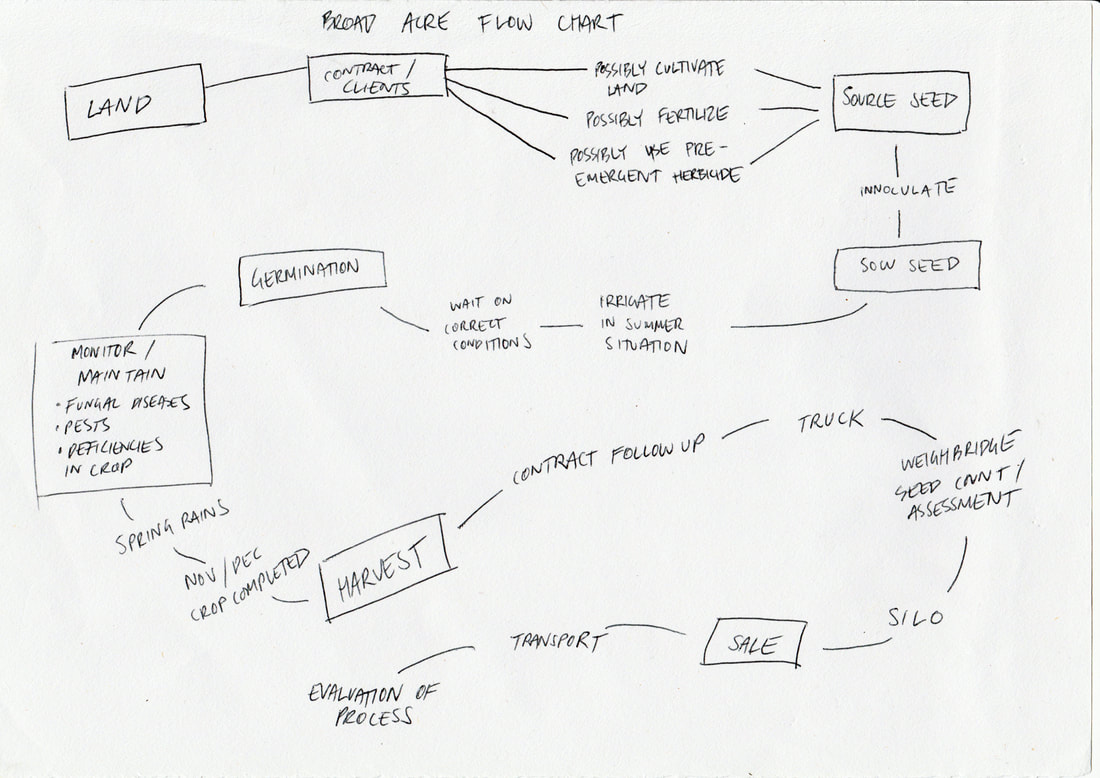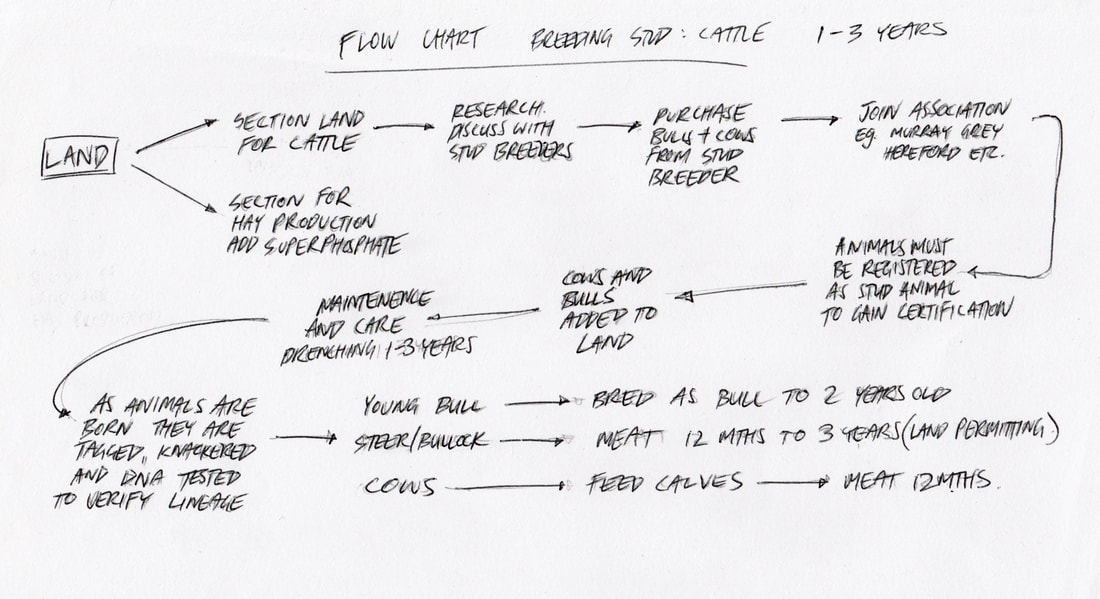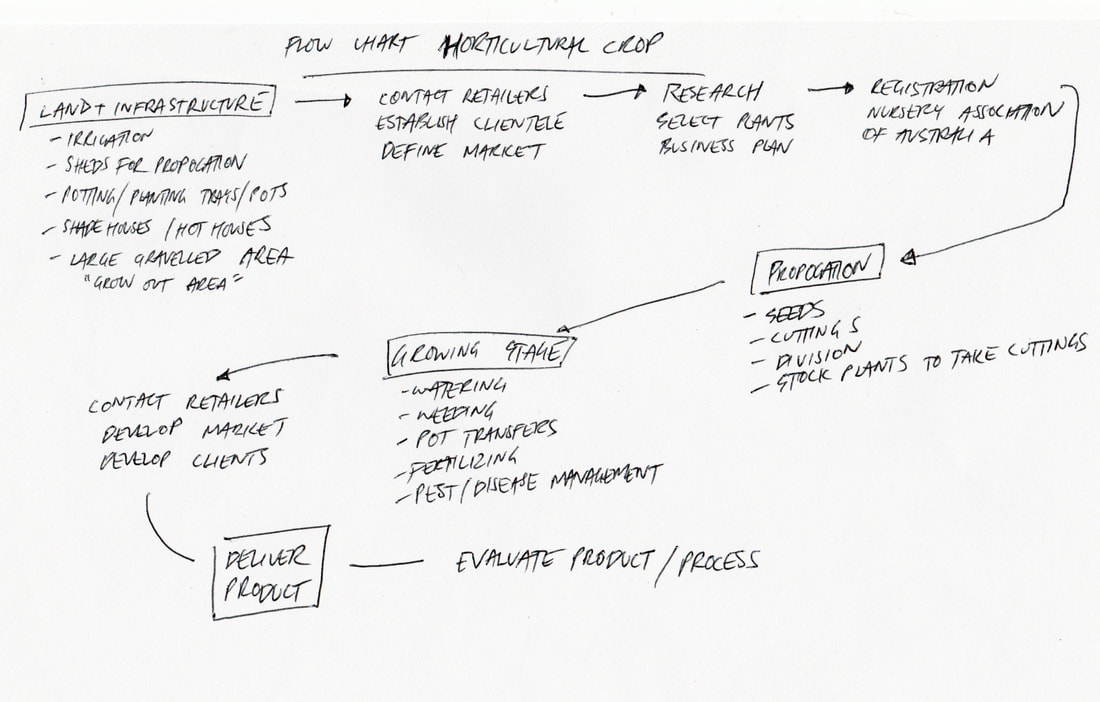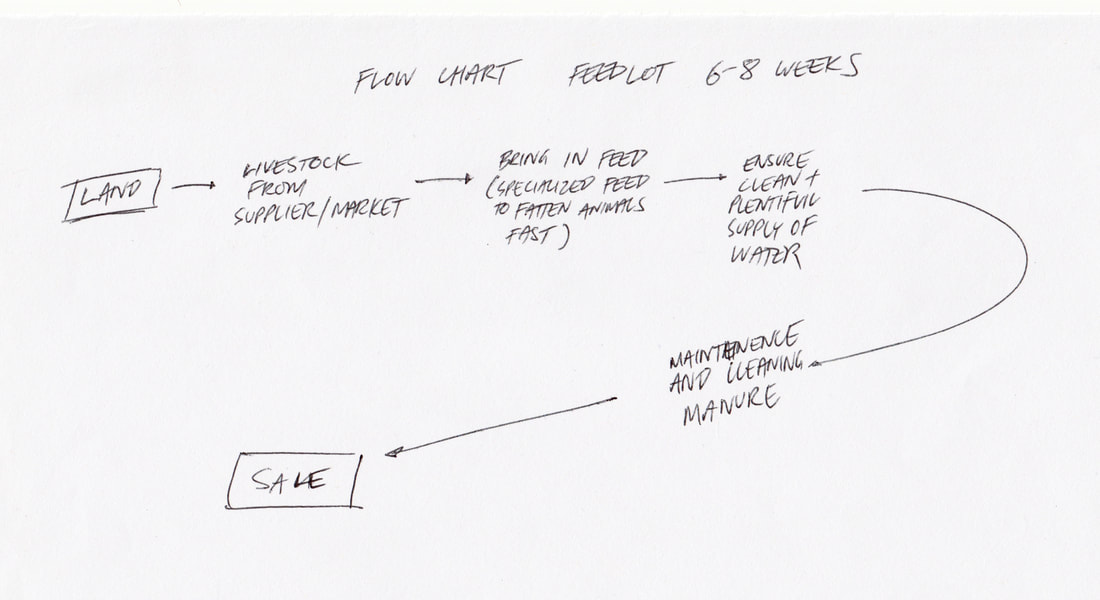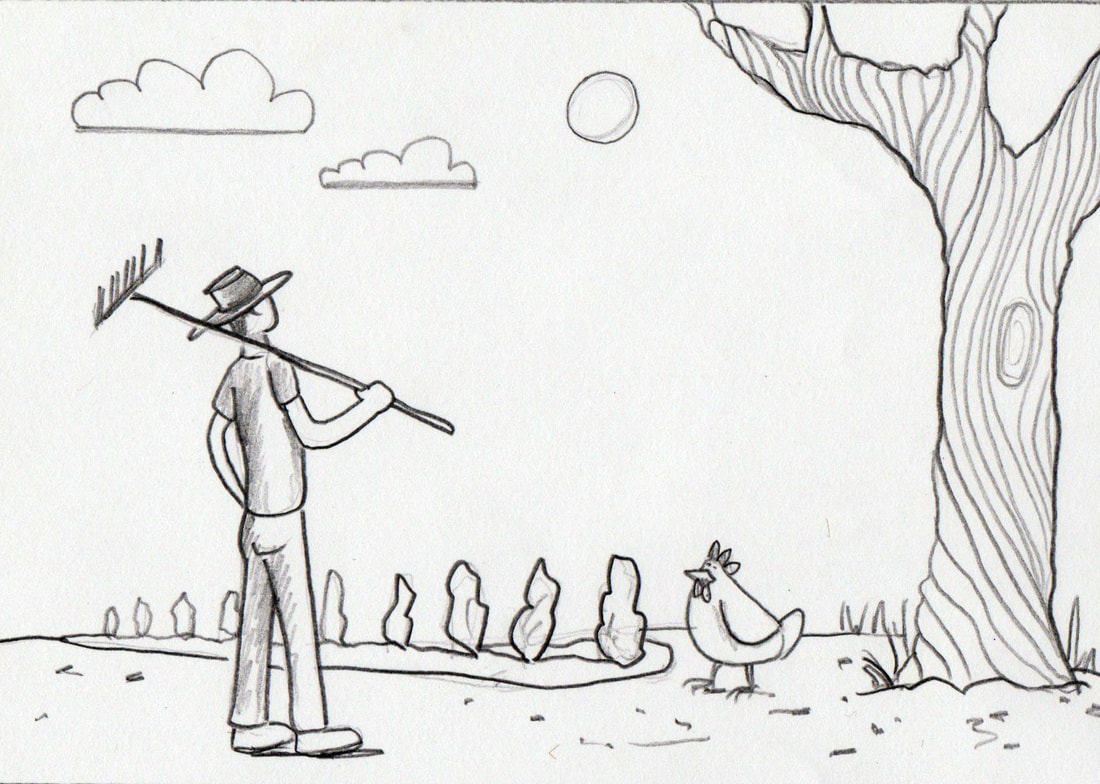|
There's plenty of laws and legislation put forth by various bodies that an agriculturalist must adhere to. They cover such things as bio-security, environmental hazards, safe working procedures, animal rights and what can or cannot be farmed. Most of it is all standard stuff that you would already guess due to it's obvious nature, let's take gun laws for example, your gun must be locked up when not in use and it must be registered. That's fair enough. There's other legislations that are there to protect properties, avoid disputes and protect the public. Consider the laws relating fencing. They must be up to standard and maintained to protect travelling motorists from stray animals. Fuel, chemicals and fertilisers are to be correctly used, disposed of and stored along with relevant SOPS and MSDS's. We can't be in a situation where chemicals are allowed to contaminate the environment nor become a threat to workers on the farm or poison food earmarked for consumption. Your vehicles must be roadworthy and registered, again fair enough. You can purchase a partial registration for vehicles that only do a small amount of travel by the way. Also, tractors must have a roll bar if they don't have a cab. Be aware of children on the farm, remember they can't read warning signs or chemical labels for example so Safework SA has some great guidelines that will keep the little ones safe. Bushfire regulations are a big one. I made contact with the CFS who directed me to a range of resources on their website. In particular I was interested in regulations regarding on farm fire units for which the CFS has created a handbook. Some of the basics here are in respect to ensuring the unit is correctly and safely attached to the vehicle. If you consider the weight of the tank full of water and the dangers if the tank isn't properly restrained. I also asked what requirements were in place for setting up your property to make it more fire safe and in this respect I was directed to council regulations as this is the councils domain. So things like burn offs and wind breaks are not regulated by the CFS but each council area. The RSPCA deals with a range of standards that must be adhered to. Assessors will come to the farm to ensure standards are being met. They range from such things as adequate shelter, food and water, stocking levels and that handlers are correctly trained. The main thing to be aware of is that there are a large range of bodies and associations that set standards as well as the government. It is important to take the time to be aware of them all for the better of your farm and the industry.
0 Comments
Here's one of the work plans I've made up for a summer period set of crops on an online tool called "Dapulse". Dapulse.com can export to your google calendar so could be a useful tool to those that like to work to a rigid timeline. Controlling a production plan occurs through a management chain where a plan is set out and dispersed downwards to workers and subcontractors. Often an intense period of management is required initially to assign/assist/direct employees. Management must focus on co ordination and administration. Throughout the process monitoring is essential. Contractor safety, ensuring the property is protected from pests, disease, weeds and environmental hazards, maintenance of irrigation systems, fertilising regimes and livestock health are all aspects that require constant monitoring. Using a log book or checklist to regularly observe changes or foresee potential hazards is imperative. When years of production have previously occurred a comparison can be made between the years to pre empt likely problems. Evaluating occurs as a part of the supply and demand chain where as a manager you consider what can be sold and what has sold, what is popular and how will you keep up with supply, deciding on amounts for future years and also trialling other methods that may improve output or income. Getting feedback from customers is important of course and, along with networking helps you judge the future outlook and allows you to lock in contracts ahead of time.
I spoke to Brian who runs a cattle stud to get an idea about the legal requirements he must observe in order to run his agricultural enterprise. Brian began on the topic of restraining the farm's animals and the importance of good fencing and gates. There is an interesting article here also discussing the matter.
http://www.abc.net.au/news/rural/2014-06-10/should-pastoralists-pay-damages-if-cars-hit-their-cattle/5513452 He also spoke of the requirements to control noxious weeds and responsibly stop their spread. This involves a duty to ensure contractors and their vehicles do not come on to the property and spread weeds. More info on the legislation regarding weeds is here. http://www.environment.gov.au/biodiversity/invasive/weeds/government/legislation.html We discussed the need to report pest and disease outbreaks such as foot and mouth. For more info on reportable diseases look here. http://www.agriculture.gov.au/pests-diseases-weeds/animal In particular respect to Brian's cattle stud he discussed the requirements related to identification and tagging of cattle. Meat and Livestock Australia has good info on their website. https://www.mla.com.au/meat-safety-and-traceability/red-meat-integrity-system/about-the-national-livestock-identification-system-2015/tagging-livestock/ To finish we discussed the obligations set down by the RSPCA for animal welfare and it's implementation on farms. More info here. www.rspca.org.au/what-we-do/working-farming-industries
I recently met with a few blokes to devise flow charts for various production schedules. I spoke to Craig who is an agriculturalist, Paul who is a horticulturalist and Brian who runs a cattle stud. These flow charts show the stages of production for 4 production programs. 1) A broad acre program. 2) A cattle breeding stud 3) A horticultural crop 4) A feedlot.
Running a successful enterprise isn't a set and forget situation. A manager needs to constantly assess the business and use that assessment to modify and adjust as necessary. Below are two business checklists I've written to help in such circumstances. One is for an on farm enterprise, the other an off farm enterprise. They share similarities with some differences to suit each.
Farm Enterprise Assessment Checklist
Staffing, induction, OHS, welfare, work/life balance
Off Farm Enterprise Assessment Checklist Staffing, induction, OHS, welfare, work/life balance
Financial
Tools / machinery
Environment
Product / stock
Web presence / social media
|

